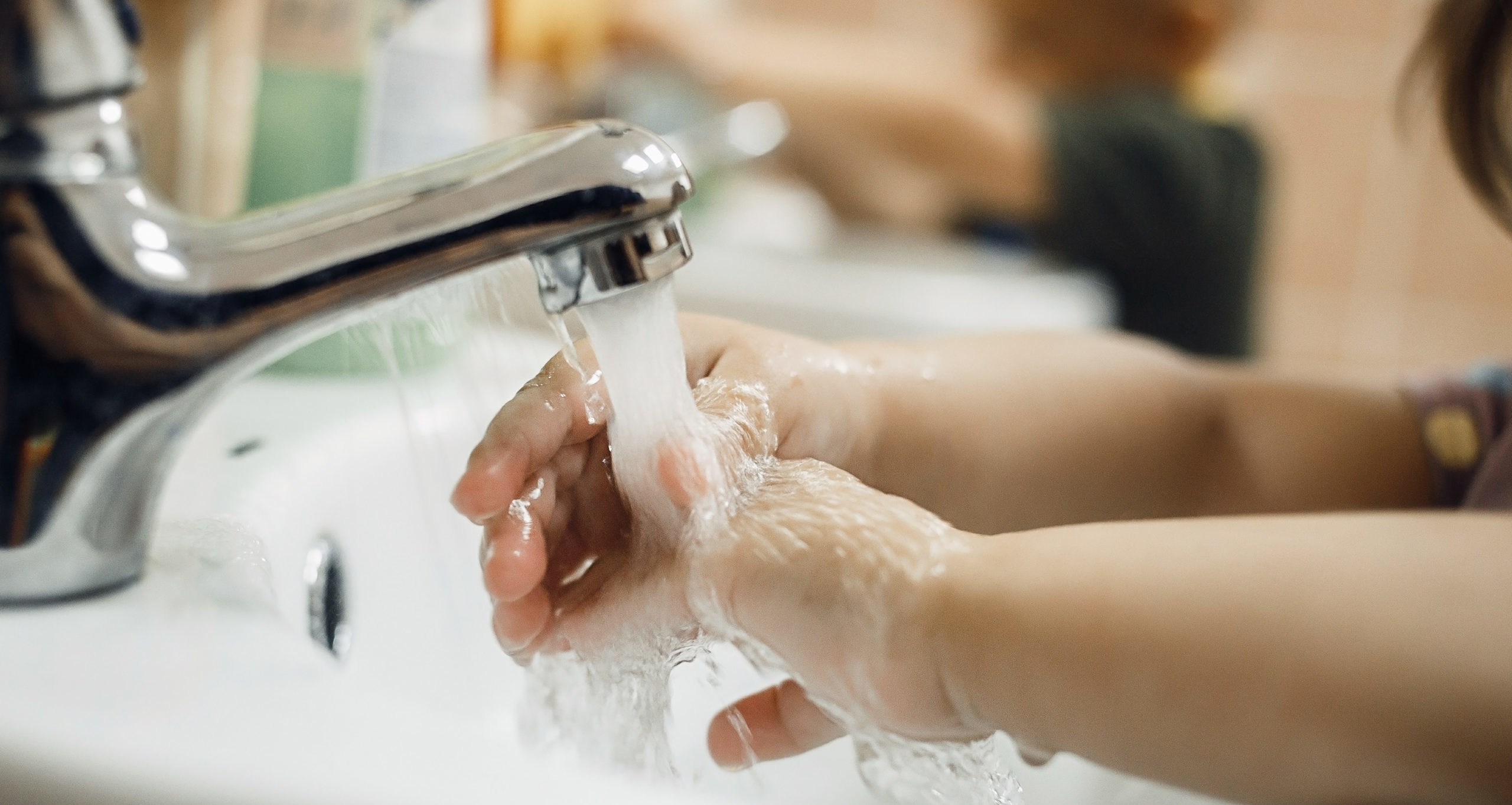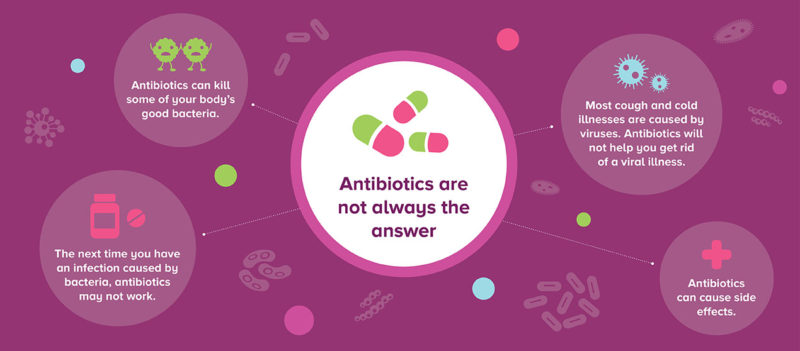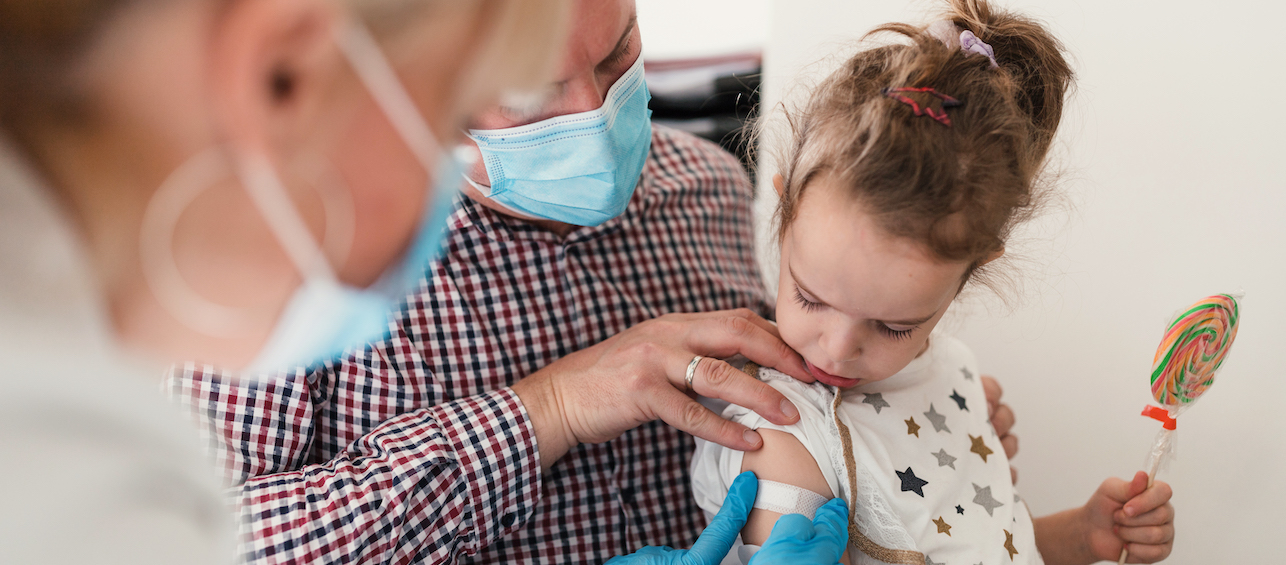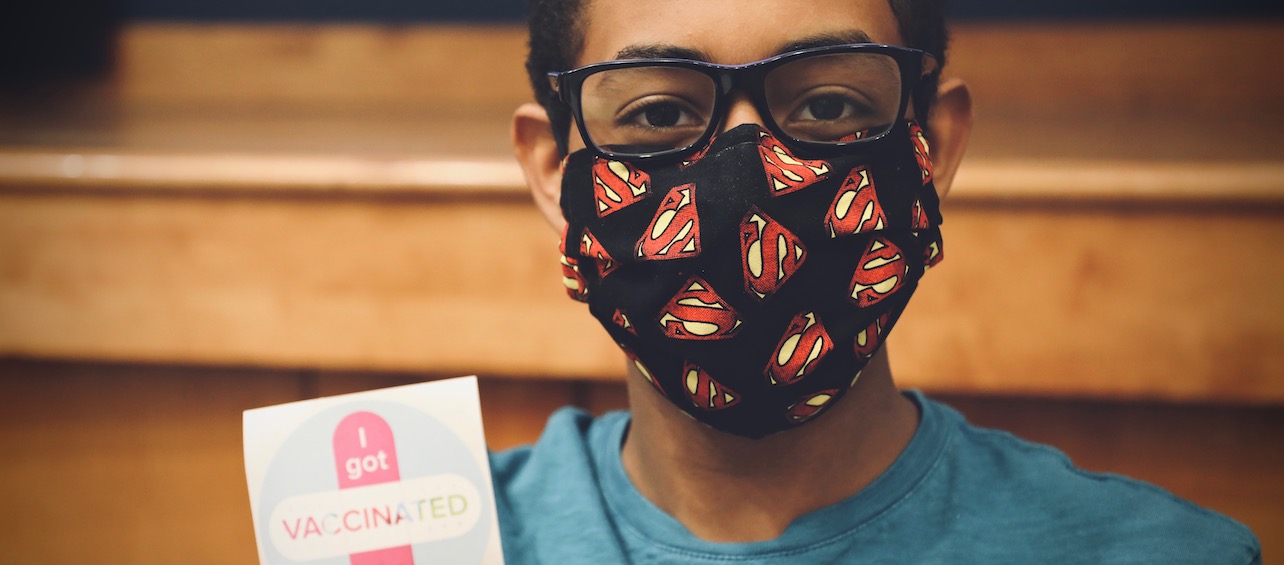COVID-19 is spreading in the United States and it is important for parents and caregivers of immunocompromised children and teens to be diligent about precautions and make some preparations.
We don’t know enough about COVID-19 to be able to predict the impact it will have on kids long-term. We have even less information about how it impacts kids who have compromised immune systems. The limited pediatric data we do have, shows that most children have done well.
While there is much we are still looking to understand, we know, with certainty, the best defense we have is in limiting the spread of the illness.
What does that look like for families who have someone at home whose immune system is compromised?
First and foremost, practice consistent, quality hand-washing. Every person in your home should be washing hands for at least 20 seconds, with soap and warm water. Wash after using the restroom, before eating, as soon as you get home, after coughing or sneezing and regularly in-between.
Soap and water is the best way to wash, but if you don’t have access to a sink, a hand sanitizer with alcohol content of at least 60% is a good alternative.
Next, cover coughs and sneezes. Teach your family to cough/sneeze into their elbows. Even little kids can do this and they will be more likely to do it consistently if they see everyone else do it too. It is also important to teach and remind kids not to touch their mouths, noses, or eyes.
It is good practice to also regularly disinfect high-touch surfaces in your home. Doorknobs, light switches, sink handles and counters/tables, are a good place to start. Disinfect cell phones and any tablets or game controllers that your children use regularly, as well.
We’re getting lots of questions about masks. The benefit of wearing masks in public is controversial. A surgical mask is not tight fitting and germs can still get through. A benefit might be that it can keep kids from touching their mouth and nose, but it is not a reliable barrier for germs and we do not recommend that children wear them. Instead, we recommend avoiding overcrowded situations as a better way to keep your child from being exposed.
Contact your child’s specialist or primary care provider
While you are practicing all of these precautions, I also recommend making a call to your child’s primary care physician or specialist to discuss a plan for what to do if your child or another person in your home starts showing symptoms of a virus.
If you have medical appointments that are important to your child’s care, you should attend them. The risk of getting COVID-19 in the US is low. It is reasonable to cancel non-essential appointments that can be rescheduled. If you are unsure whether or not to attend your child’s appointment, please call ahead.
If someone in your house is planning to travel, it is worth a conversation to determine if it is necessary. If a family-member has recently traveled to an area with high COVID-19 activity, it is best for your immunocompromised child to avoid contact with the person for at least 14 days. Information about who has traveled when and to where, is extremely important information to share with your child’s provider when you call to discuss a plan.
It is also worthwhile to prepare for a possibility that your family will need to stay home for many days and away from public places. Ensure your kitchen is stocked, ensure you have necessary medical supplies and prescription medications on-hand, check levels of basic over-the-counter medications and buy new if needed.
We are taking the spread of this virus seriously and hope that you will too. It is important to stay calm and think clearly. Be diligent with all of the precautions outlined here and stay in close contact with the provider who knows your child and his or her condition best.
I also recommend that parents regularly seek information about what is happening with the virus – the Centers for Disease Control and Prevention (CDC) and World Health Organization (WHO) are both updating their websites daily with the most up-to-date information.
For additional information, visit Cincinnati Children’s COVID-19 information page. You can also review answers to questions about visiting Cincinnati Children’s during this time.






Thank you for this! As a family that has to frequently visit various children’s campuses, I was curious if there are any extra measures or approaches being taken to help prevent the spread as far as extra cleaning, limiting provider/patient touching, etc.?